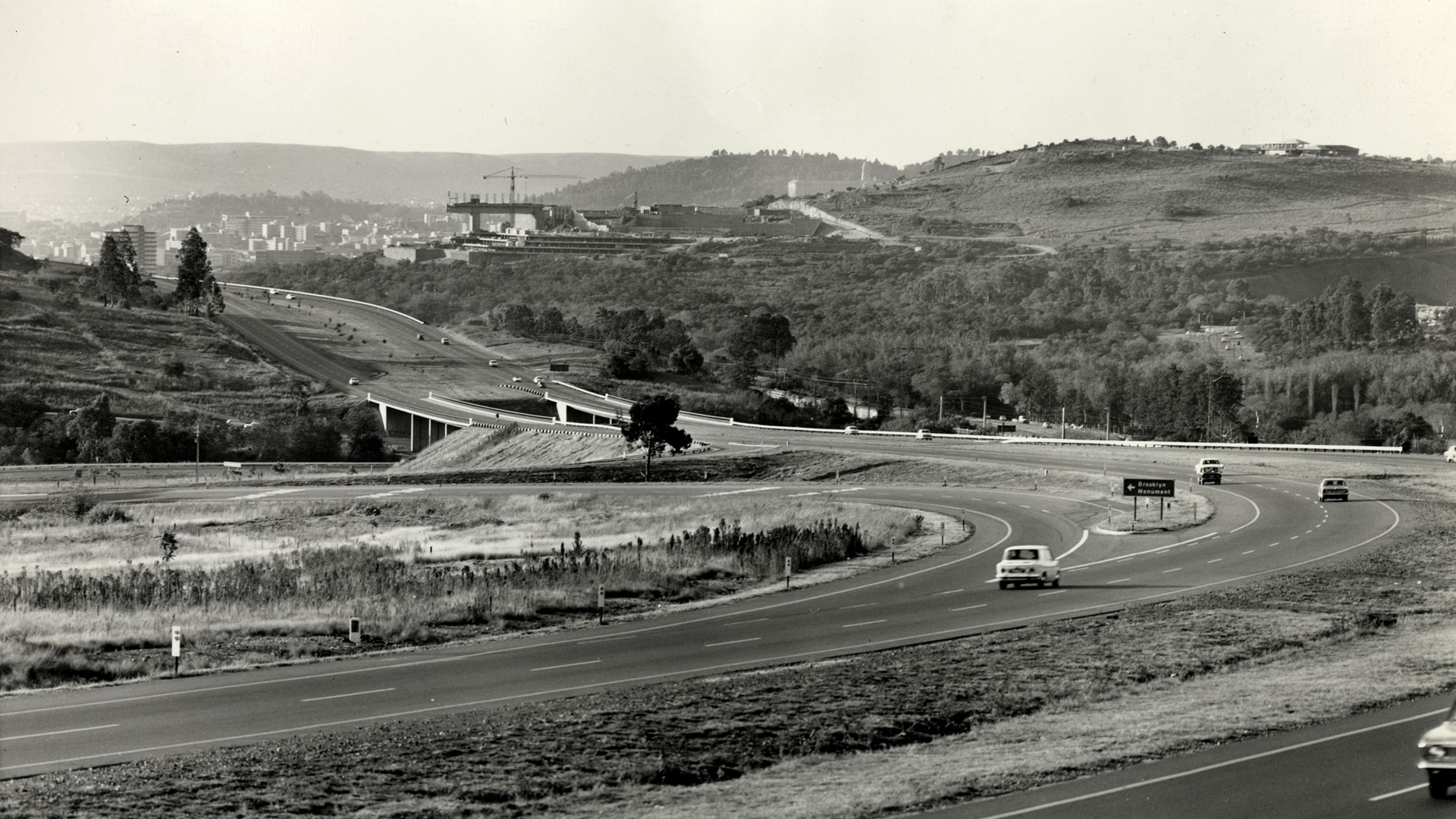A brief history of Unisa
Unisa is the direct descendant of South Africa’s first university — the University of the Cape of Good Hope (UCGH), which was created in 1873 by an act of the Cape Colony’s Parliament. UCGH was modelled on the University of London, which performed no direct teaching, but rather set academic standards and examinations for associated ‘university colleges’.
After the unification of South Africa’s colonies under a single government in 1910, UCGH was mandated to oversee university colleges across the country. Renamed the ‘University of South Africa’ (Unisa) in 1916 and relocated to Pretoria in 1918, it became a dedicated examination centre for many of the institutions that stand today as South Africa’s major independent universities.
In 1946, as the last of Unisa’s colleges moved towards independence, Unisa began offering ‘postal tuition’. Since then, it has grown into one of the world’s largest distance learning institutions, with more than 400,000 students in some 130 countries.
Unisa’s history spans the entire modern history of South Africa, with its tumultuous shifts from colonialism into apartheid and then democracy. Throughout, Unisa has mirrored the country’s contradictions, upholding successive state ideologies while opening the world of academic learning to opponents of the state — most famously, the imprisoned Nelson Mandela.
